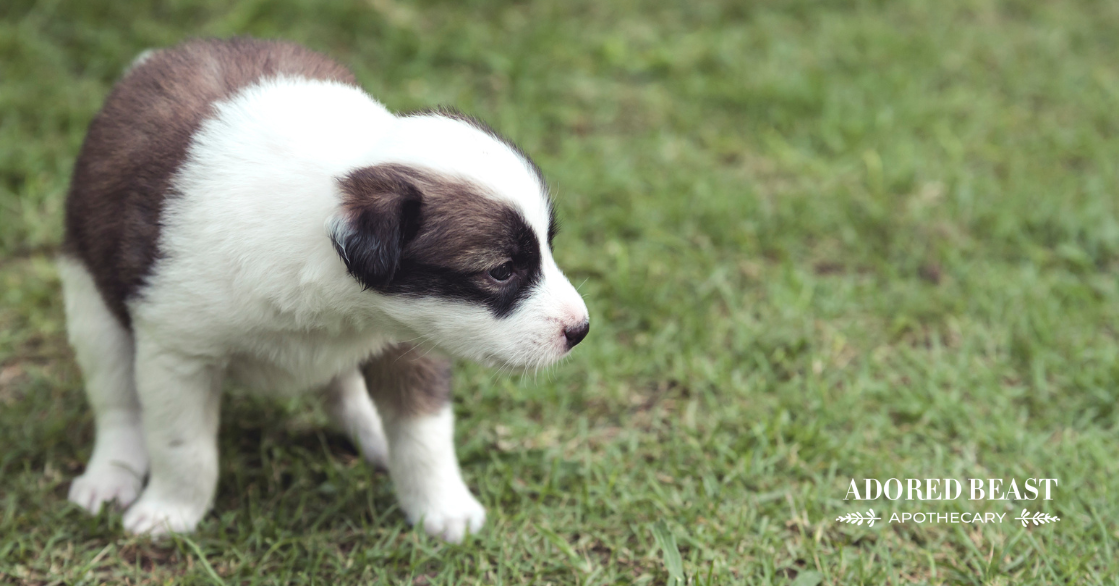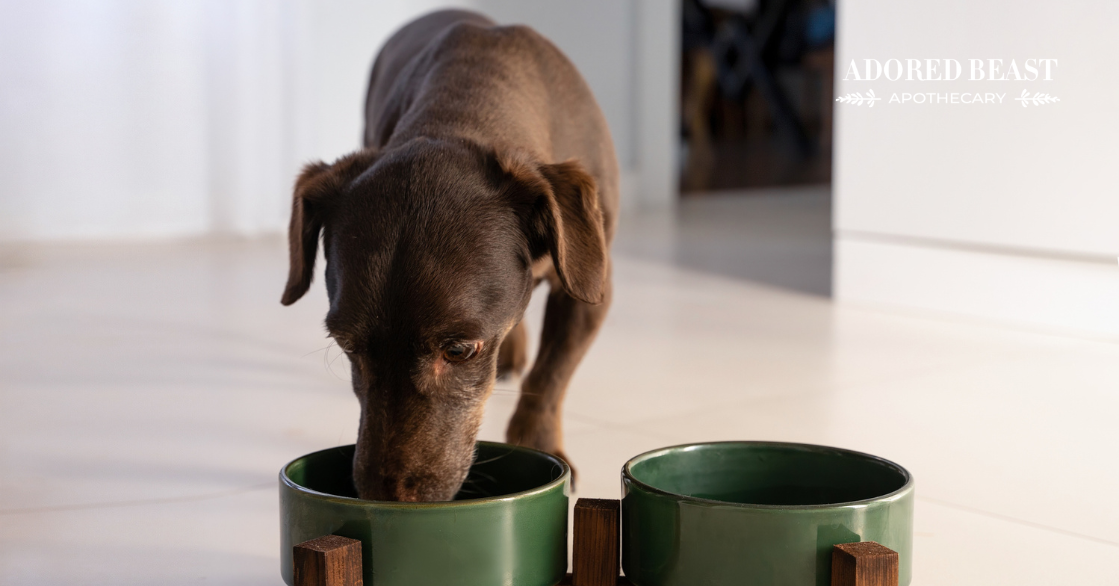Last week, we brought home a new addition – a 4 month old puppy we’ve named Jones! She’s sweet, and sassy, and she and her sister Indi are best buds already! But I’ve already gotten off track!
Before we brought Jones home, we were making all our plans for potty training, and I knew I would write about it! After all, potty training a puppy can be a journey! We haven’t had to potty train for many years…
Much to our surprise and delight, the foster family Jones was with before we adopted her worked their butts off, and Jones came to us fully potty trained!
But if you’re bringing home a brand new puppy, that may not be the case! So, to help, we’ve gathered up the best tips to help. We’ve tried many of these over the years with great success!
Tips for Potty Training a Puppy
1. Start Early, Stay Consistent
Just like with anything new, the earlier you start, the better! Begin potty training as soon as you bring your puppy home. Puppies thrive on routine, so create a consistent schedule for potty breaks – first thing in the morning, after meals, before bed, and every few hours in between.
2. Choose a Potty Spot
Pick a specific spot outside and take your puppy there every time. The familiar smell will signal to your puppy that it’s the right place to do their business. Over time, your pup will associate this spot with potty time, making the process smoother and quicker.
3. Use Positive Reinforcement
Puppies love praise! Every time your puppy goes pee in the right place, reward them immediately with lots of praise, pets, and maybe even a small treat. Positive reinforcement helps your puppy understand that they’ve done something good. Remember, puppies live in the moment, so the reward needs to happen right after they’ve gone!
4. Keep an Eye on Their Cues
Puppies often give signs when they need to go – sniffing around, circling, or even heading toward the door. Watch for these subtle cues and act fast by guiding them to their potty spot. With time, you’ll get better at reading your puppy’s body language and helping them avoid accidents. With Indi, we even created the opportunity for cues by hanging a bell at the door and ringing it whenever we went out. She learned to ring herself to go outside!
5. Limit Access to Large Spaces
When puppies have too much freedom too soon, it’s harder for them to understand where they’re supposed to go potty. As they become more reliable, you can gradually increase their access to the rest of the house. Of course, keep an eye on them to watch for those cues.
6. Take Frequent Potty Breaks
Young puppies have tiny bladders and can’t hold it for long. Take them outside often, especially after meals, naps, and playtime. A general rule of thumb is to take your puppy out every 1-2 hours at first. Even though she’s potty trained, we still take Jones out for a pee every time she wakes up. This frequent schedule helps prevent accidents and gives them plenty of opportunities to learn where to go.
7. Crate Training Can Help
Crate training is a great tool for potty training! Puppies naturally avoid going potty where they sleep, so using a crate helps teach them to hold it until they can go outside. Just be sure the crate isn’t too large – your puppy should have enough room to stand, turn around, and lie down comfortably, but not so much space that they feel they can potty in one corner. There are some great tips on crate training in this post.
8. Be Patient with Nighttime Potty Training
Just like babies, puppies may need potty breaks during the night. If they’re out of a crate at night, consider setting an alarm half way through the night so you don’t wake up to pee on the carpet. If you’re crate training, and they start to whine in the middle of the night, chances are it’s because they need to go outside. Keep these nighttime trips calm and quiet – take them outside, give them time to go, and then gently guide them back to bed without too much excitement.
9. NEVER Punish Accidents
Accidents are going to happen, especially in the early stages of potty training. If your puppy has an accident, don’t punish them – this can cause confusion and fear. Instead, clean up the mess calmly and take your puppy outside to reinforce the idea of where they should go. Consistency and patience will get you much further than punishment.
10. Celebrate Small Wins
Potty training takes time, so celebrate every small success along the way! If your puppy has a great day with no accidents or signals they need to go outside, celebrate it! Small wins add up and help build your puppy’s confidence. With a little time, your puppy will master potty training like a pro.
Potty training a puppy may require some patience, but with a loving, consistent approach, your little one will catch on in no time. Just remember to stay positive, be patient, and embrace the cuteness along the way. Before you know it, your puppy will be proudly doing their business outside, leaving you more time to enjoy all those snuggles and playtime! Happy training!












